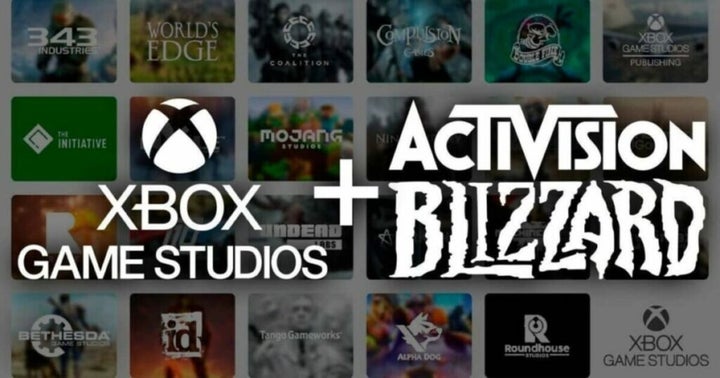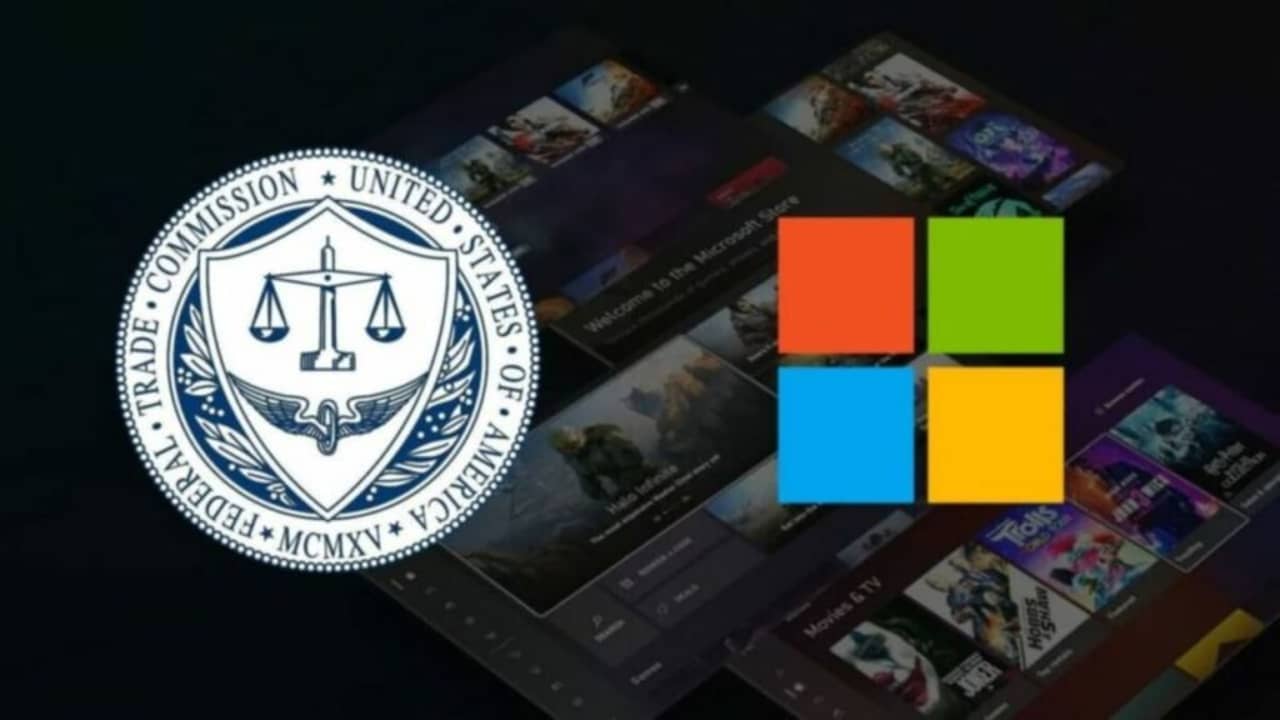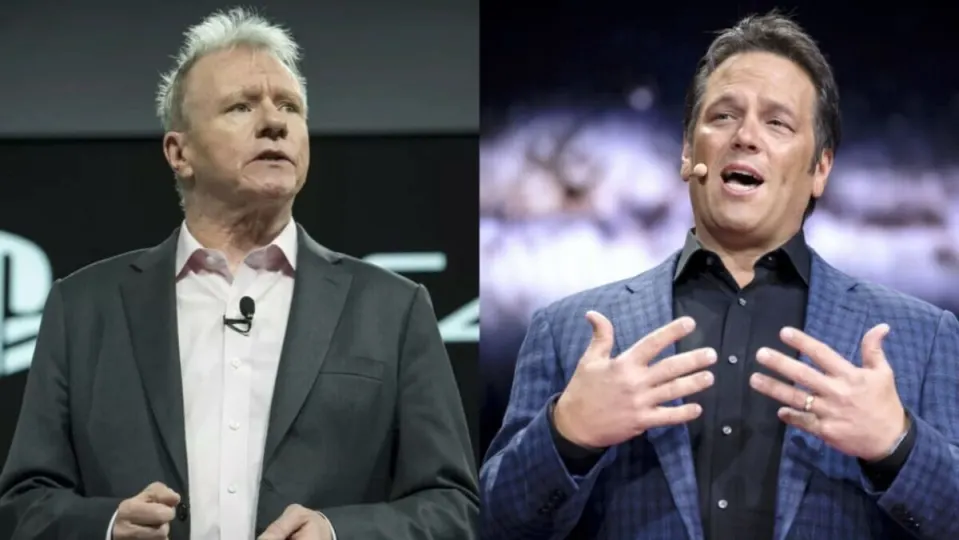Since the FTC lost the lawsuit against Microsoft that aimed to block the American giant’s acquisition of the gaming conglomerate Activision Blizzard King, things have accelerated within a matter of days.
The acquisition of Activision Blizzard by Microsoft was a deal that many feared due to the real possibility of creating a monopoly, something that nobody wants. And if there was one player who wanted to stop that acquisition above all, it was Sony.
Sony feared that if Microsoft acquired Activision, they would make the Call of Duty franchise exclusive to Xbox consoles and Windows PCs through Game Pass. It was a move that seemed logical to everyone. Well, Microsoft has shown fair play, despite everything.
Pact between Phil Spencer and Jim Ryan
Sony has reached a “binding agreement” with Microsoft to keep Call of Duty games on PlayStation consoles. This is great news for all PlayStation players who enjoy playing CoD on the Japanese console.
Xbox chief, Phil Spencer, has confirmed the news on Twitter today, stating that both parties have “signed a binding agreement.” However, the terms of the contract and the corresponding timelines have not been publicly disclosed yet.
“We’re pleased to announce that Microsoft and PlayStation have signed a binding agreement to keep Call of Duty on PlayStation following the acquisition of Activision Blizzard,” tweeted Spencer.
“We look forward to a future where players around the world have more choices to play their favorite games,” the tweet concludes.
However, as mentioned before, we don’t know the conditions of the deal. If we recall at the beginning of the dispute, Microsoft offered a decade-long agreement to Sony, committing to keeping CoD on PlayStation, but Japan did not give in.
While Microsoft still has to deal with the resolution of the UK government’s Competition and Markets Authority (CMA), which blocked the merger on the grounds that it would allow Microsoft to cultivate a gaming monopoly, this brings Microsoft a step closer to its acquisition.
Remember that it cost $69 billion and must be completed by July 18, 2023, or Microsoft will be legally obligated to pay Activision a break-up fee of $3 million and renegotiate the terms of the acquisition.

The FTC also lost the appeal
The U.S. Federal Trade Commission (FTC) lost its final appeal yesterday against Microsoft’s acquisition of Activision Blizzard, allowing the purchase to proceed as planned.
Microsoft’s intention to acquire Activision Blizzard has faced significant scrutiny from governments worldwide, and while Microsoft won its battle against the FTC when a federal judge ruled in favor of the acquisition, the FTC filed a full notice of appeal with the Ninth Circuit Court of Appeals in an attempt to overturn the decision. The aim was to delay the purchase beyond July 18th.

Now, the Ninth Circuit has “denied” the “motion for injunction,” which means that Microsoft is free to complete the $69 billion acquisition as early as this Monday or Tuesday.
“We appreciate the swift response from the Ninth Circuit, which has denied the FTC’s motion to further delay the deal,” said Brad Smith, Microsoft’s Vice President and President. “This brings us one step closer to the finish line in this marathon of global regulatory reviews.”
Some of the links added in the article are part of affiliate campaigns and may represent benefits for Softonic.


